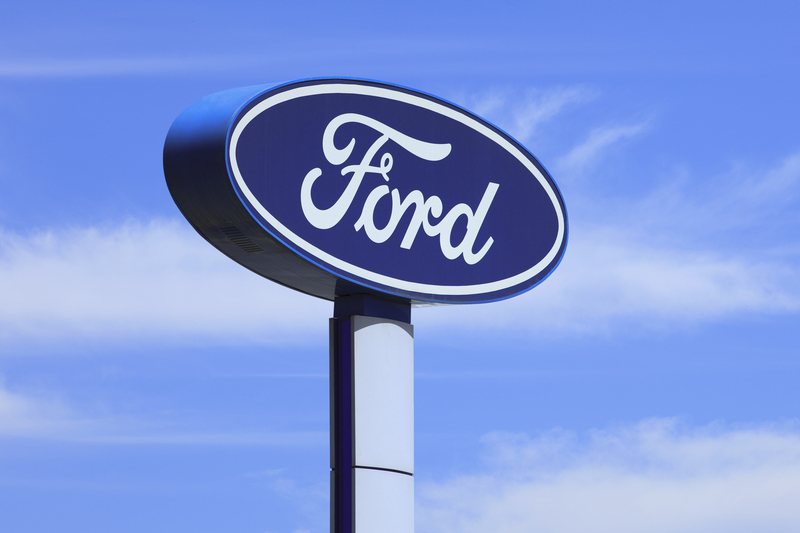This post was originally published on this site
https://i-invdn-com.investing.com/trkd-images/LYNXMPEJ480CP_L.jpg
LONDON (Reuters) – Ford Motor (NYSE:F) Co said on Tuesday it will test a small fleet of prototype hydrogen fuel-cell versions of its electric E-Transit model to see if they are a workable zero-emission option for customers hauling heavy goods long distances.
Ford will lead a consortium in the three-year project that includes BP (NYSE:BP), which will focus on hydrogen and infrastructure, and British online supermarket and technology group Ocado (LON:OCDO).
“Ford believes that the primary application of fuel cells could be in its largest, heaviest commercial vehicles to ensure they are emission-free, while satisfying the high daily energy requirements our customers demand,” Ford’s UK chairman Tim Slatter said in a statement.Interest in using hydrogen fuel cells to power trucks and vans is getting a boost from fleet operators looking for a more practical alternative to electric vehicles and rising government aid, particularly the U.S. Inflation Reduction Act (IRA).
While most of the world’s combustion engine cars and short-distance vans and lorries should be replaced by battery electric vehicles (BEVs) over the next two decades, hydrogen fuel-cell proponents and some long-haul fleet operators say batteries are too heavy, take too long to charge and could overload power grids.
Vehicles with hydrogen fuel cells, in which hydrogen mixes with oxygen to produce water and energy to power a battery, can refuel in minutes and have a much longer range than those with BEVs.
But there are major challenges to be overcome for mass adoption of hydrogen fuel cells, including the lack of fueling stations and green hydrogen made using renewable energy to power them.
The project is partially funded by the Advanced Propulsion Centre, a government and auto industry venture.

